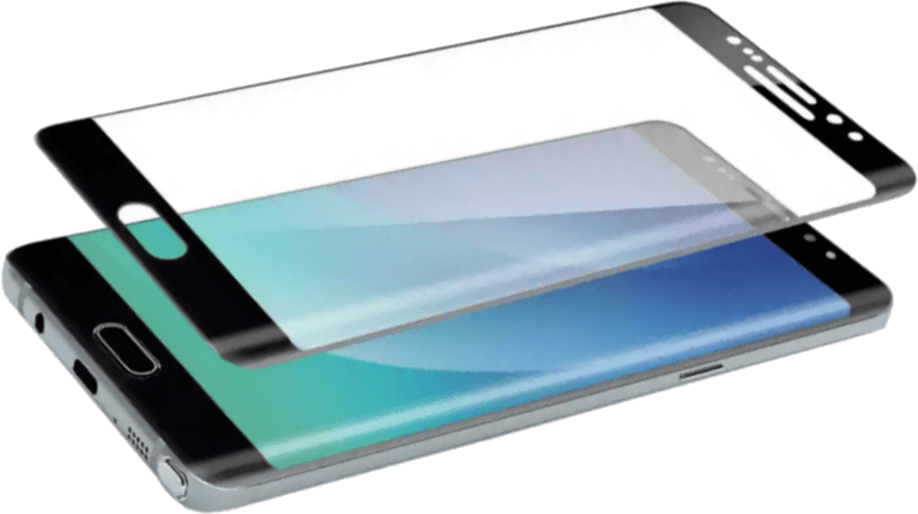It seems that smartphones such as the OnePlus One and Lenovo Zuk Z1 will not longer get any support and upgrade for CyanogenMod. And all this by the fact that on 31 December 2016, the company Cyanogen end its operations. The company dealt with development of customized Android operating system and cleaning it of unnecessary additional functionality, which adversely affected the system.
Unfortunately, this year was very unfavorable for the Cyanogen company.
Numerous layoffs, financial matters and proceedings also had an impact on the dissolution of the company at the end of 2016. Of course, the team said that Cyanogen’s open-source project and the source code will be generally available to everyone. Especially when it comes to build the project and modify it for personal purposes.
This is terrible news for all owners of OnePlus One, Lenovo Zuk Z1 other smartphones which have the pre-installed CyanogenMod by manufacturers itself. Through this type of action, but did have a really good future and introduce new competition into the market, resulted in blocking system updates for new phones.
What fate does await now CyanogenMod?
Cyanogen team has explained how the decision will affect the CyanogenMod operating system. Especially when their servers are off. What’s more, developers will not have to vote on the release of a new version of the system that would support community of CyanogenMod. Currently it is known that the company may fall into the hands of a third party, and thus the result again. The nice news is also that former employees Cyanogen will not abandon their child and want to continue their work. This time they have a more ambitious goal. They want to build a system for mobile devices and release it under a new name, i.e. Lineage OS. The whole process of software development can be seen at the open-source GitHub repository.
Personally, a little doubt in the success of the new project.
The market of operating systems for mobile devices is divided between Android and iOS from Apple. Even a giant like Microsoft with Windows 10 (and earlier Windows Phone) could not break through. Guys from Redmond have tried different tricks. They even have developed technology for migration of iOS applications on mobile version of Windows 10. Some companies use this solution (e.g. Facebook), but this is the niche. I think that Microsoft will leave from mobile device market and the cake will be shared between Google and Apple. Does Lineage OS have any chance? After all, I keep fingers crossed for this project, because fresh blood is more than welcomed on the market of operating systems for smartphones.




















